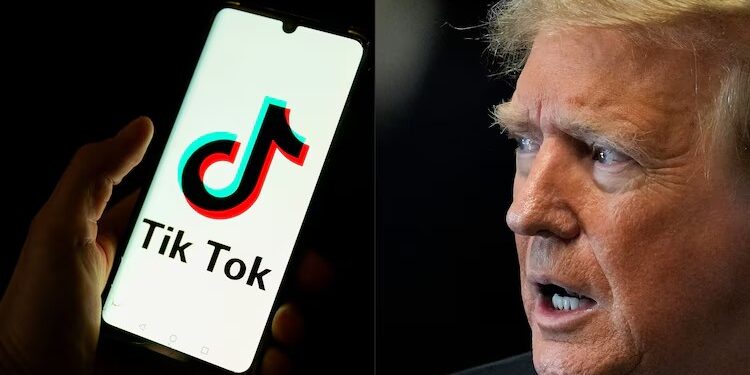President Trump has signed an executive order granting China‑owned ByteDance a further 90‑day extension to divest its US operations of short‑video app TikTok, delaying a statutorily mandated shutdown until 17 September. The move marks the third reprieve granted since the law came into force, underscoring the administration’s ambivalent stance between national security concerns and preserving the popular platform for American users.
Under the Protecting Americans from Foreign Adversary Controlled Applications Act, TikTok faced a compulsory sale or ban after Congress deemed the app a potential conduit for user data to Beijing. The original deadline of 19 January passed unheeded, at which point Trump chose not to enforce the closure and instead offered a 75‑day grace period. A subsequent order in April extended that window by another 75 days, and Thursday’s decree pushes the deadline into mid‑September.
In a White House briefing, Press Secretary Karoline Leavitt said the extension reflected “significant progress” towards a qualified divestiture, with legally binding agreements in place to protect American data. She added that the administration’s legal team believed the order rested on firm statutory footing, despite scepticism from Democratic lawmakers who argue the president lacks authority to delay enforcement.
TikTok’s US arm, which boasts some 170 million American accounts, welcomed the decision, describing it as “more time to craft a robust solution” that ensures user privacy. The app has rapidly evolved into a key cultural and political influencer, especially among younger demographics—a fact that did not go unnoticed during the 2024 presidential campaign, when Trump himself embraced the platform to mobilise supporters.
Efforts to orchestrate a sale have reportedly attracted bids from major technology and investment firms, including Amazon and former Treasury Secretary Steven Mnuchin. However, discussions are said to have stalled amid strained US‑China relations, particularly after Trump announced fresh tariffs on Chinese imports. Beijing’s approval is essential under Chinese foreign investment rules, and diplomatic friction has complicated the divestiture negotiations.
Legal analysts caution that even if a sale agreement is secured, it must satisfy rigorous criteria under the law to sever operational ties with ByteDance and forestall any data‑sharing risk. Should talks collapse, the administration could face a difficult choice between enforcing the ban and preserving consumer and business interests. A prohibition on updates or distribution through app stores could effectively hobble TikTok in the US market, with ripple effects for associated businesses and creators.
As the new deadline approaches, stakeholders on both sides are under pressure to resolve the impasse. For Trump, the extension serves to balance political considerations—avoiding alienating a youthful user base—against long‑standing security objections. For TikTok, the challenge remains securing a divestiture that meets legal requirements, diplomatic constraints and commercial viability.
With September looming, the fate of one of the world’s fastest‑growing social media platforms now hinges on high‑stakes negotiations that bridge commerce, security and geopolitics.
newshub finance



Recent Comments